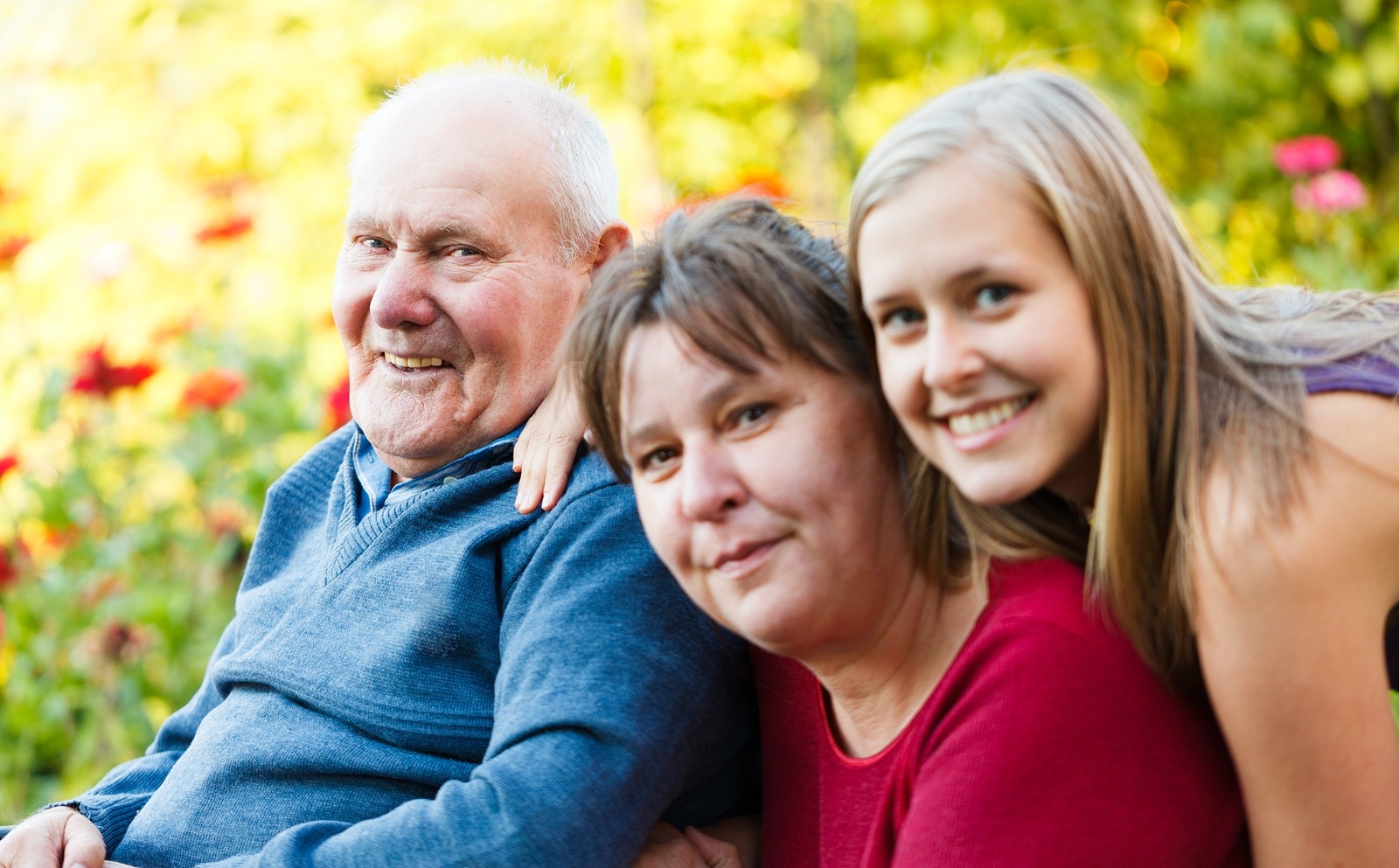Article #13
Healthy People, Healthy Communities
A Fresh Look at Palliative Care: Focusing on What Matters Most
In this Empowering the Citizen Patient article, retired family physicians Dr. Mindy Smith shares insights on how a palliative approach to care can empower individuals with serious illnesses to take charge of their healthcare decisions, improve quality of life, align treatments with their personal values, and live well at every stage of illness.
I’ll never forget Joe. A devoted grandfather, a music lover, and a man living with heart failure, Joe was given a prognosis of about one year to live, but that year was not marked by giving up. Instead, Joe’s life was full of meaning, thanks to a palliative care team that helped him identify what was important to him and his family, right up to the end.
As a family doctor, I’ve seen how palliative care can empower people with serious illnesses, like cancer, advanced dementia, heart or lung disease to live in alignment with what matters most to them and to their fullest capacity, whatever that may be. Yet the term “palliative care” still sparks fear and confusion. Too often, it’s misunderstood as “end-of-life care only,” when in reality, it’s about enhancing quality of life from the moment of diagnosis onward.
What Palliative Care Really Means
Palliative care is a medical approach focused on supporting people and families navigating life-limiting illnesses. It can be offered at any stage of illness, alongside treatments that aim to slow disease progression. It’s not about giving up. It’s about gaining clarity, support and relief.
“Palliative care helps people live as well as they can, for as long as they can,” says local family physician Dr. Kelly Mieske. That means helping manage symptoms like pain, fatigue, or breathlessness. It means supporting people in making informed decisions that reflect their values, whether they choose more treatment or a shift in focus. It also means offering guidance to families navigating difficult conversations.
Palliative care is delivered by a team of doctors, nurses, therapists, home support workers and social workers. They work together to manage symptoms, provide pain relief, coordinate care, and offer emotional support.
One woman whose husband received palliative support told me, “We felt like we weren’t alone anymore. They helped us plan, but also reminded us that we could still make memories.”
The Power of Planning Ahead
Advance Care Planning is a key part of the palliative approach. It’s not just for the elderly or terminally ill. It is for every adult. It’s about documenting your care preferences in case you can’t speak for yourself, and choosing someone you trust to act on your behalf.
Helpful steps include:
- Choosing a Substitute Decision Maker to uphold your choices.
- Creating a Representation Agreement or Advance Directive.
- Talking with family and doctors to ensure clarity.
Joe, the patient I mentioned earlier, was able to create a care plan that reflected his wishes. His team helped him and his wife, Linda, get his symptoms under control and organize home equipment. This supported Joe and Linda to have one last summer with his family at the cottage. Joe recorded stories for his grandchildren and left behind a song he played on guitar. “The team really helped me see that I can still live well, and helped my family plan in advance so I can die well too,” he told us.
Breaking the Silence
Talking about palliative care and dying can be hard. Families may hesitate to bring it up, and patients may feel unsure about what it means. But having these conversations early can make all the difference.
A helpful approach? Start with curiosity. Ask, “How are things going these days?” or “What matters most to you right now?” Dr. Leslie Kernisan’s excellent video on talking to aging parents offers even more practical tips, which can be viewed at kblivewell.ca.
Palliative care isn’t about rushing decision. It’s about slowing down, listening, and making space for what really matters.
Local Support in Kootenay Boundary
In our region, palliative care is a collaborative effort. The new Live Well campaign, developed through the Shared Care initiative, brings together physicians, nurse practitioners, home health teams and community groups to spread awareness and provide practical tools for patients and families navigating a life-limiting diagnosis. You can explore these resources at kblivewell.ca.
Palliative care isn’t just about the end of life. It’s about living well, every step of the way.
To learn more and access local resources, visit kblivewell.ca
Click/Tap the LIKE button to share via email, instagram, Facebook and More!
WIN A $50 GROCERY CARD!
Please take 90 Seconds to give us your feedback and enter the draw to win one of Three $50 grocery cards! Survey entries close September 16, 2025.
-
- What did you think of this article?
- What could we do better?
- Any suggestions for other articles that would be helpful?
Please complete our short survey here!

Get the articles direct to your inbox!





